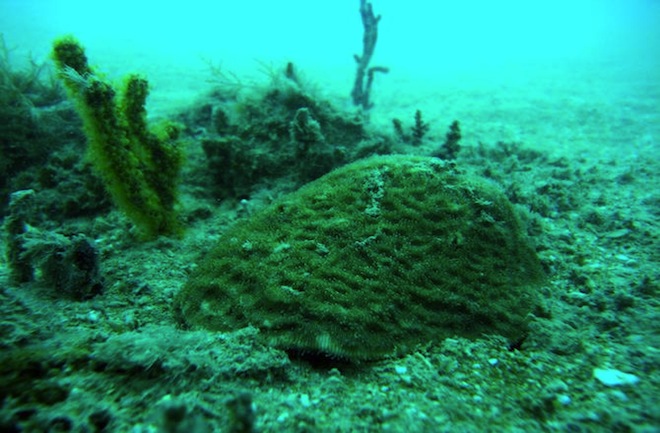 Scientists exploring a cold, polluted, and murky river mouth in southeastern Iraq were shocked to discover what is thought to be the country’s first coral reef.
Scientists exploring a cold, polluted, and murky river mouth in southeastern Iraq were shocked to discover what is thought to be the country’s first coral reef.
Among nature’s most frail ecosystems, coral reefs usually thrive in clear water with ambient temperatures and little salinity, but the recent find by scientists from Germany’s Institute for Geology Scientific Diving Center suggests that some reefs are more resilient than previously thought.
Not only is the mouth to the Shatt al-Arab River cold, polluted and turbulent, conditions that are typically unfavorable to coral reefs, but it has also been the site of considerable political instability.
The only waterway in Iraq that empties into the Persian Gulf, the confluence of the Euphrates and Tigris rivers also forms a natural border with Iran, making it of critical strategic importance to both countries.
Wars have been fought over the river, and during the American invasion and subsequent years, it was particularly integral as a means to deliver humanitarian aid and munitions to the interior.
Under these conditions, even the most devout researcher would be forgiven for overlooking the area. But the group led by Thomas Pohl persisted and for their efforts they were rewarded with the discovery of a 2.5 by 4.4 mile Palinurs Rock Reef previously unknown to science, according to Discovery News.
Related: The Marsh Arabs Who Restored a Global Ecosystem
“We were entirely surprised to find a living coral reef under such harsh conditions,” lead author Thomas Pohl of Germany’s Institute for Geology Scientific Diving Center and his colleagues wrote in the journal Scientific Reports.
While visibility was low at just three feet or less and the research team battled to study the reef, they found a fairly diverse ecosystem with a variety of hardy corals species and sponges.
“The authors identified a number of living stony corals and octocorals (which lack a stony skeleton),” writes Discovery News, “as well as sponges and aquatic mollusks that may compete with the corals for space on the reef — or that may cause the coral structure to erode.”
Like Nature Iraq, the group has struggled to mobilize the international community to take more interest in the region, which is consistently beset with political strife. They hope that this recent find will change that, Discovery reports.
“These habitats urgently need protection, conservation and research, especially given their location in areas of oil and gas exploration…”

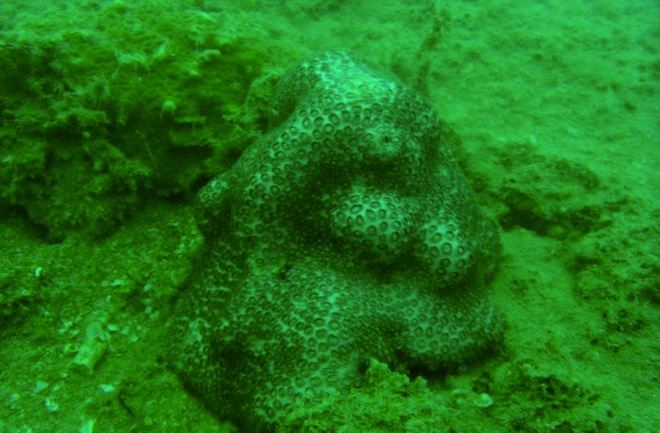
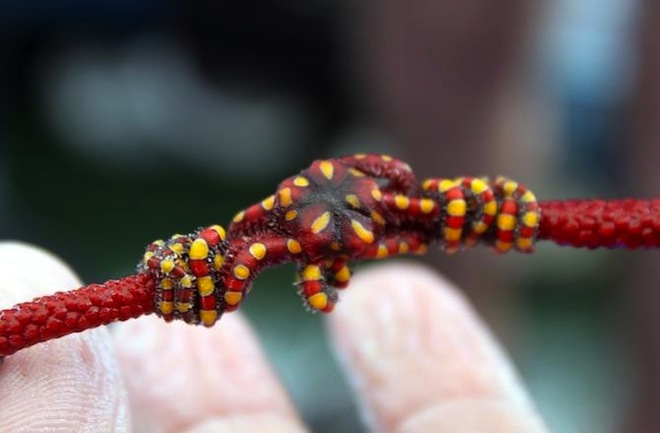
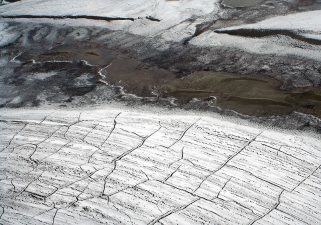
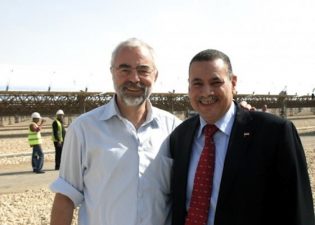
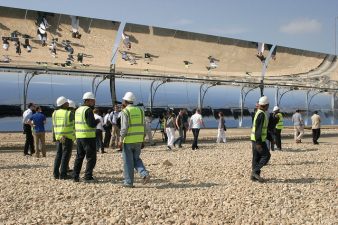
Here you go Anna:
Prof. Dr. Broder J. Merkel
Geology Department, Faculty Geoscience, Geoengineering and Mining
Email: [email protected]
Nature Iraq would like to get into contact with the individuals that located these corals. Can you put us in touch with them?